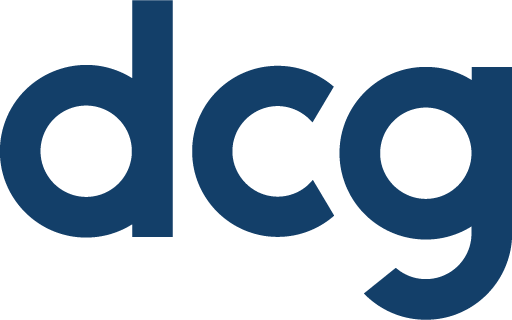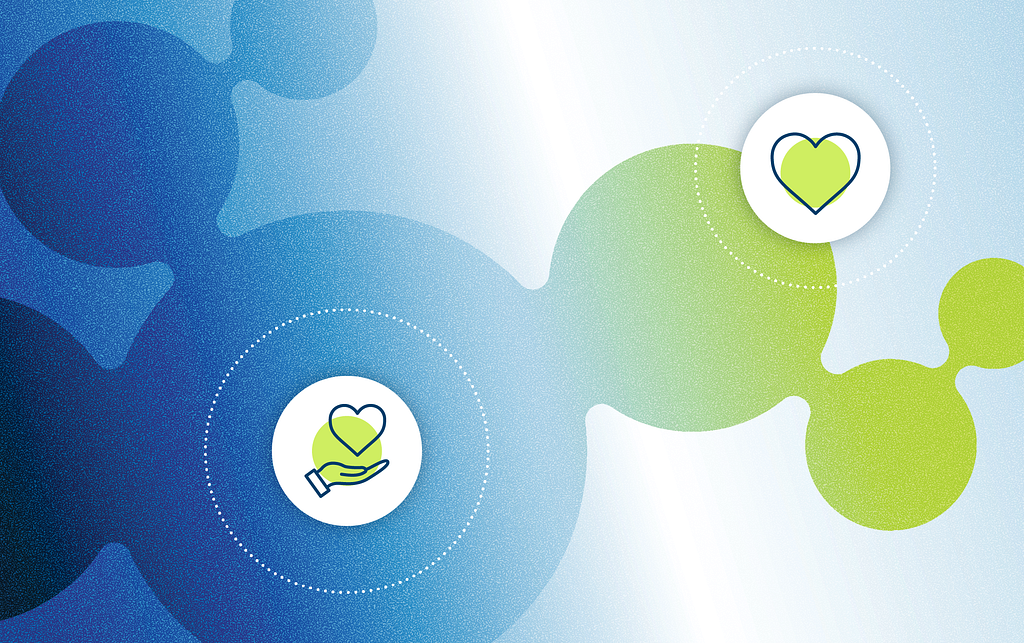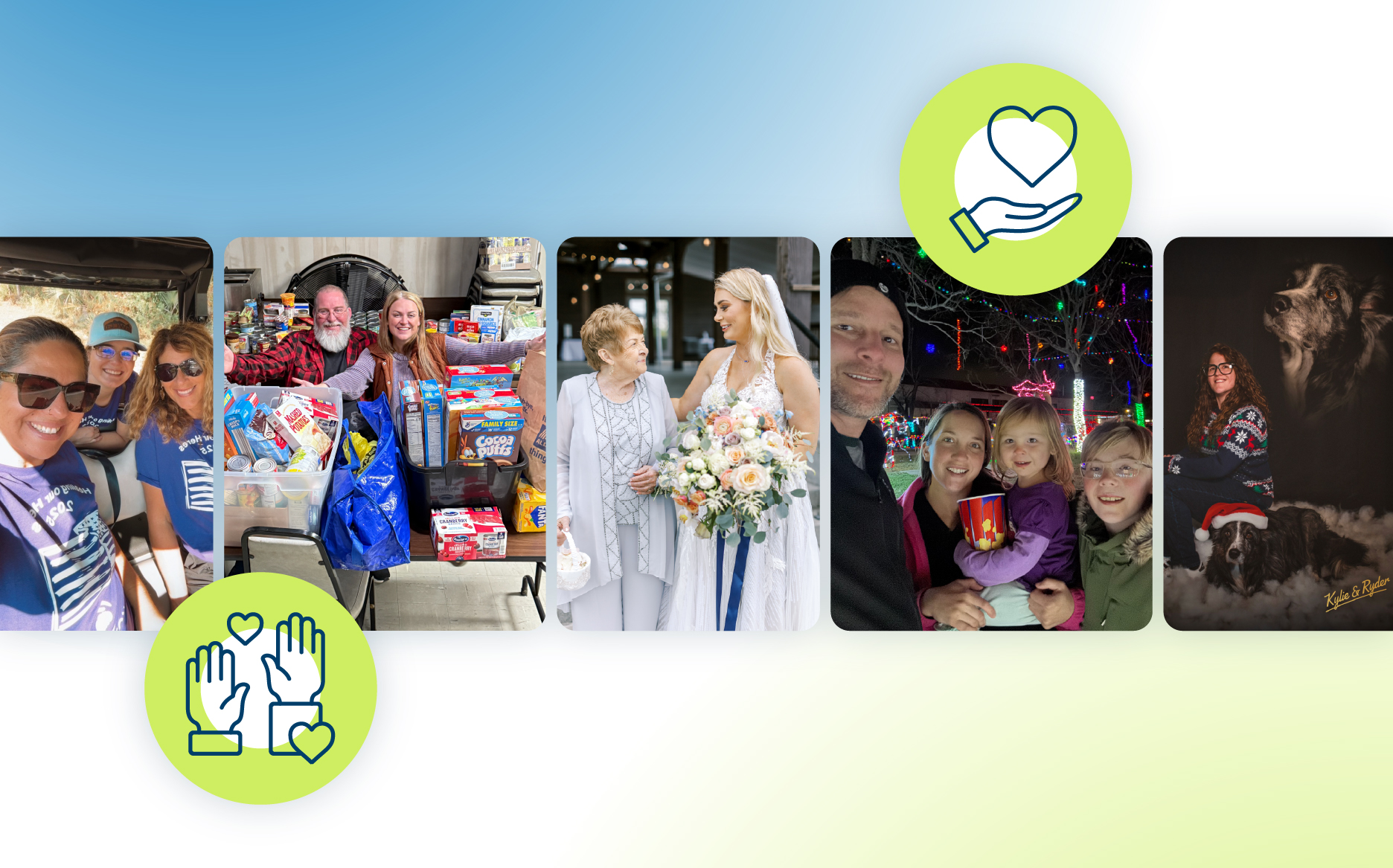
What Kind of Leader Are You?
By Karen Bell
Or, more importantly, what kind of leader do you want to be? Leadership potential exists at every level — you can be a leader at each stage in your career.
“Leadership development” can sound like a buzzword, but it’s actually an important piece of everyone’s career. Leadership is a behavior, not a position, and it’s a skill we can all work on.
One way to think about it is personal development. It’s something you have to own and intentionally take the time to do. And it can be difficult, because it forces you to be vulnerable and honest with yourself about what your strengths — and sometimes more importantly — — your weaknesses are so you can bring your best self to the team.
The start of a new year can be a great reminder to pause and consider: Where am I in my career, and where do I want to go? Don’t wait until your annual review to take stock of where you are.
Working with the Human Resources & Administration office within the Department of Veterans Affairs has been a fantastic opportunity to explore this concept as we’ve been helping to roll out a new leadership development framework. This work, coupled with a Fred Pryor workshop I attended, has offered a few takeaways to consider as a leader:
1. Control the controllable. You can’t change people, but you can change yourself. Model the behavior you want from your team.

In times of tantrums (or difficult work situations), remaining calm is key.
Difficult client personalities, budget constraints, tight deadlines — there’s often a lot of things we don’t have control over. But the one thing you can control is you. And if there’s anything I’ve learned from having a toddler, modeling the behavior you want to see from others is key!
2. Bring the right people together in an environment that unleashes their best thinking — and then stay out of the way.
Giving up control is hard. But knowing when and how to step back and let others take the reins is crucial. Make your team’s job easier, not harder, by listening to what they need and giving them freedom.
3. Look for gold, not dirt. Encourage the positive rather than focus on the negative.
One thing I’ve learned from having a dog is that it’s so easy to focus on the negative behaviors you don’t want them to do — “Stop chewing that!” — that you forget to reward them offhandedly for positive ones (like lying down and being quiet). Positive environments motivate teams.
And crucially, positive environments that feel safe invite big ideas. The more unsafe team members feel, the safer their ideas become. This can be one of the biggest stiflers of innovation.

Just like with dog training, positive reinforcement motivates behavior.
At the end of the day, it’s not the brilliance of one person that will drive the work, but rather the collective efforts that can only come from solving problems as part of a team. By looking inward, we can all find ways to best support our teams.
One fun way to start thinking about your leadership style is with this quiz. Do you lean authoritarian, democratic, or laissez-faire?
Other questions to help start your personal development journey could include:
- Do you prefer to make decisions alone or with the input of your team?
- Do you believe accountability lies with the leader or with the group?
- Do you feel your team works best alone or with support?
- What type of leader would you most prefer to work with?
- Where are you stuck? Which habits would you like to change?
- What do you want to learn? What do you want to teach others?
If 2020 gave us one thing, it was the space and time for self-reflection. Let’s make the most of it in 2021 by putting our personal development into action.
Don’t forget to also take advantage of DCG’s professional development opportunities, including the:
- Mentorship program
- Buddy program
- Lunch ‘n Learns
- Up to five days of professional development per year (including reimbursement) to attend classes, conferences, and workshops and pursue professional certifications.
Keep an eye out for more opportunities to get involved in the coming months!
If you’re looking for other ways to kickstart your professional development, here are some other great resources:
Online Leadership Courses
- Inspiring Leadership Specialization (multiple courses) by Case Western Reserve University. You can audit and view course materials for free.
- Corporate Leadership and Management Skills by Udemy. How to Become a Leader and Improve your Leadership Influence, Leadership Training and Team Management. Costs range from $12-25.
- The Project Management Institute: Leading Teams, Leading and Managing Change, Emotional Intelligence for Project Managers, How to Coach. Costs range from $200-700.
- Lynda.com: Inclusive Leadership, Leadership Foundations, Collaborative Leadership, Developing Assertive Leadership (one-month free trial, $30.00 a month afterwards).
Leadership Articles
- Leading Actually Leading
- How to Lead with Certainty in Uncertain Times
- The Most Important Leadership Competencies, According to Leaders Around the World
- Good Leadership is About Asking Good Questions
- How to Help (Without Micromanaging)
- The Leader as CoachUnderstanding Leadership
- What Great Managers Do
What classes, conferences, or workshops do you want to take in the next year? Leave a comment below!
What Kind of Leader Are You? was originally published in DCG Life on Medium, where people are continuing the conversation by highlighting and responding to this story.



